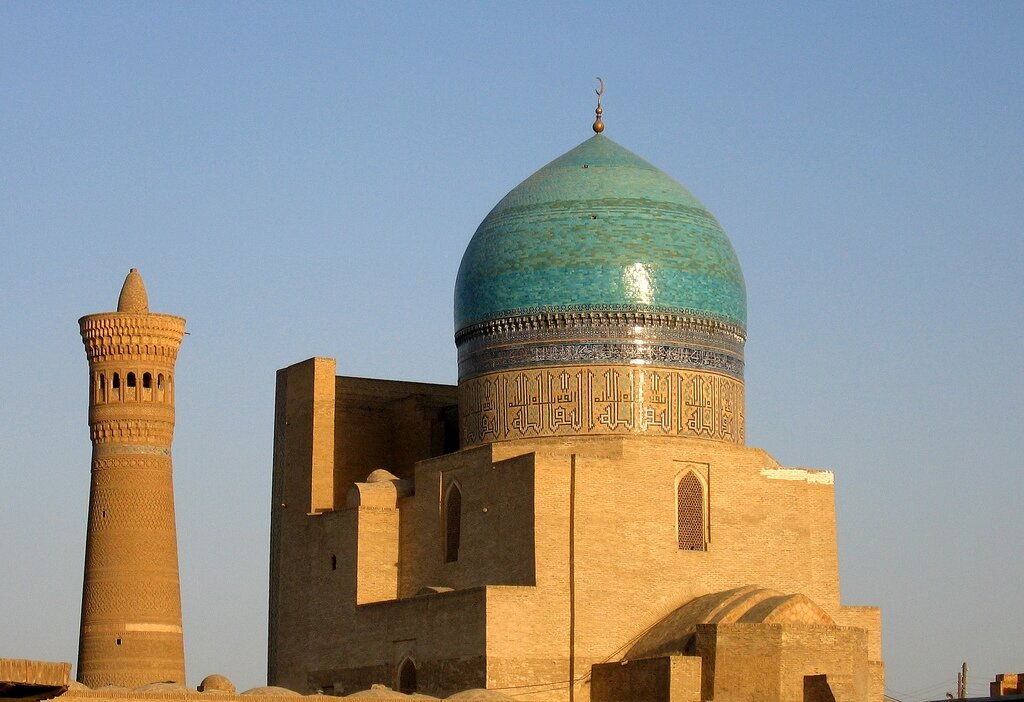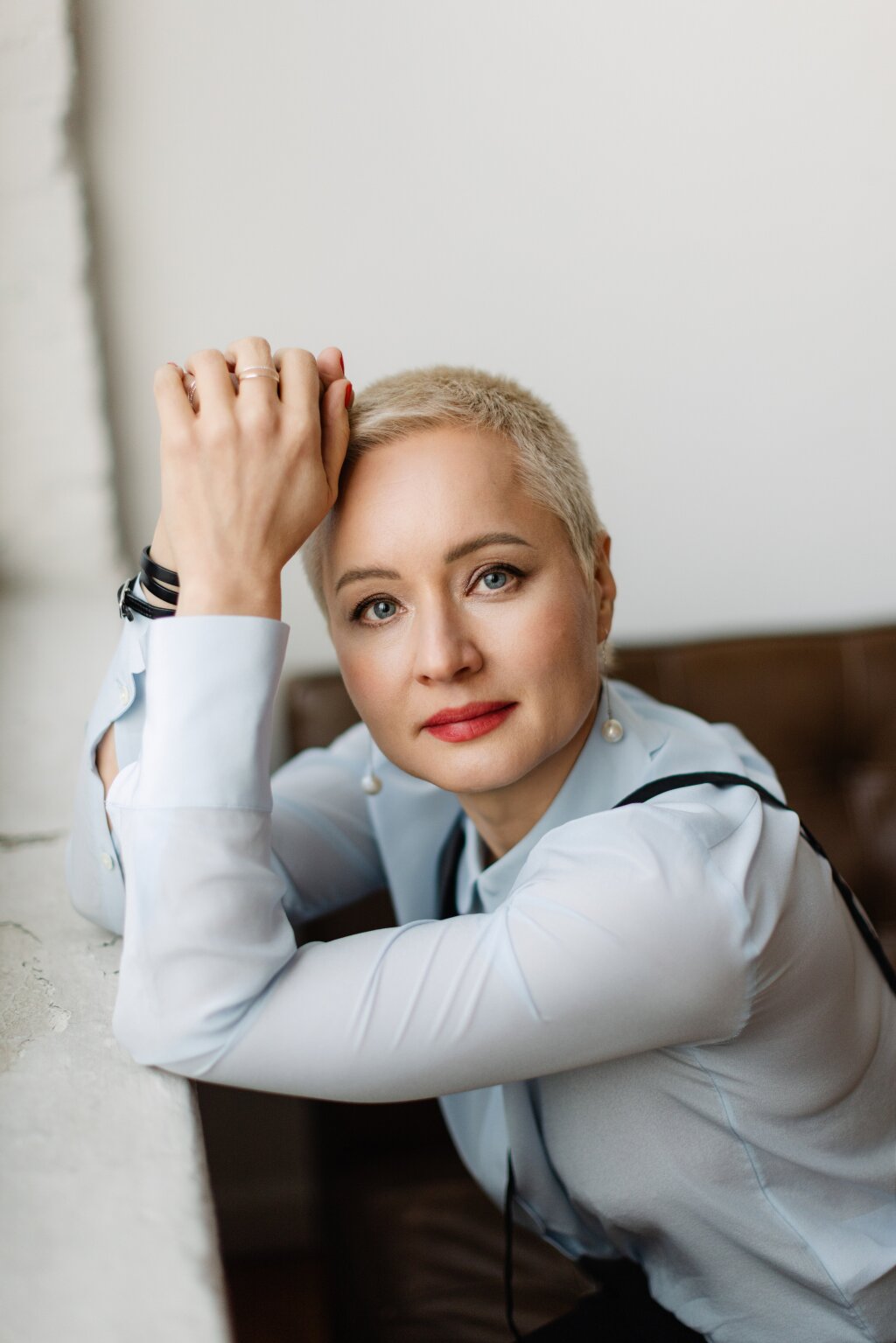Read the event recap here
On Wednesday, April 18th please join us for a talk on "Reluctant Monopolists: Religious Regulation and Political Mobilization in Central Asia" with Pauline Jones Luong from the University of Michigan. This event is part of the Occasional Series, sponsored by the NYU Jordan Center for the Advanced Study of Russia.
What is the relationship between religious regulation, religiosity, and political mobilization? According to the prevailing view, when the state grants the dominant religion a monopoly, there is a negative effect on both levels of religiosity and the degree of political mobilization. This poses a persistent empirical puzzle: governments in predominantly Muslim countries routinely establish religious monopolies, and yet, experience high levels of religiosity and variable degrees and forms of religious political mobilization. We propose an alternative view by examining the direct effect of religious regulation on political attitudes and behavior. In sum, we argue that the key to explaining variation in religious political mobilization in predominantly Muslim counties is the type of religious monopoly – specifically, the interaction between the form of subsidy (general vs. targeted) and the level of repression (low vs. high). Regimes in predominantly Muslim states around the world create religious monopolies that employ different combinations of subsidy and repression in order to eliminate religion as a potential threat, albeit with varying degrees of success. Central Asia is no exception: Kyrgyzstan, Tajikistan, and Uzbekistan created divergent religious monopolies that fostered different degrees and forms of religious political mobilization for almost two decades after independence. However, as their religious monopolies converged in the late 2000s so too did the degree and form of religious political mobilization.
Pauline Jones is Professor of Political Science and Director of the International Institute at the University of Michigan. Her scholarly work contributes broadly to the study of institutional origin, change, and impact in a wide variety of settings: newly emergent states with multiple competing subnational identities, states transitioning from planned to market economies, states rich in natural resources, and states with predominantly Muslim populations. Her empirical work focuses on the former Soviet Union, primarily the five Central Asia states of Kazakhstan, Kyrgyzstan, Tajikistan, Turkmenistan, and Uzbekistan. She has published articles in several leading academic and policy journals, including the American Political Science Review, Annual Review of Political Science, Comparative Political Studies, Foreign Affairs, Politics and Society, Europe-Asia Studies, and Resources Policy. She is author of four books: Institutional Change and Political Continuity in Post-Soviet Central Asia: Power, Perceptions, and Pacts (Cambridge 2002); The Transformation of Central Asia: States and Societies from Soviet Rule to Independence (Cornell 2003); Oil is not a Curse: Ownership Structure and Institutions in the Soviet Successor States (Cambridge 2010) and most recently, Islam, Society, and Politics in Central Asia (University of Pittsburgh Press, 2016). Her research has received generous support from several prestigious sources, including the McArthur Foundation, Carnegie Corporation of New York, the Mellon Foundation, Smith Richardson, and the National Science Foundation.



